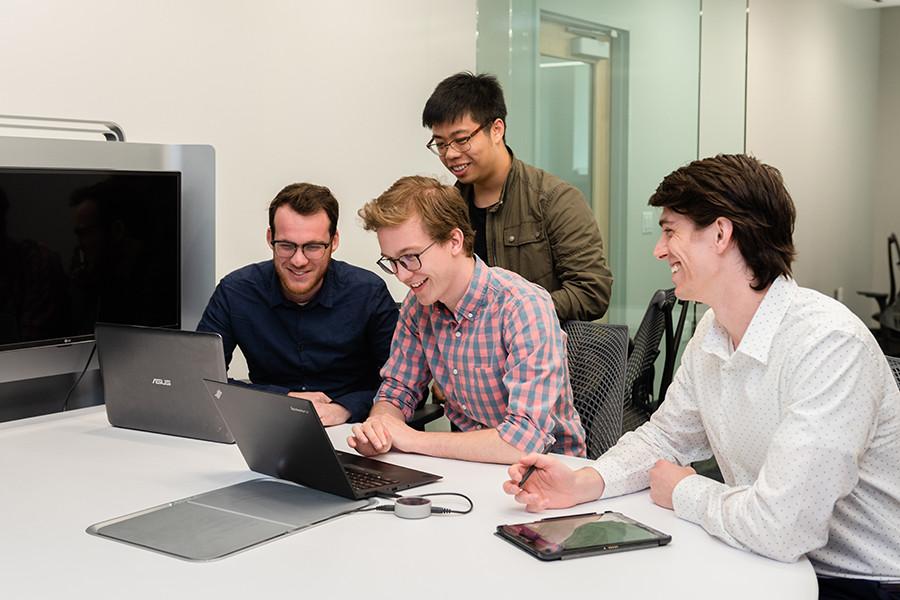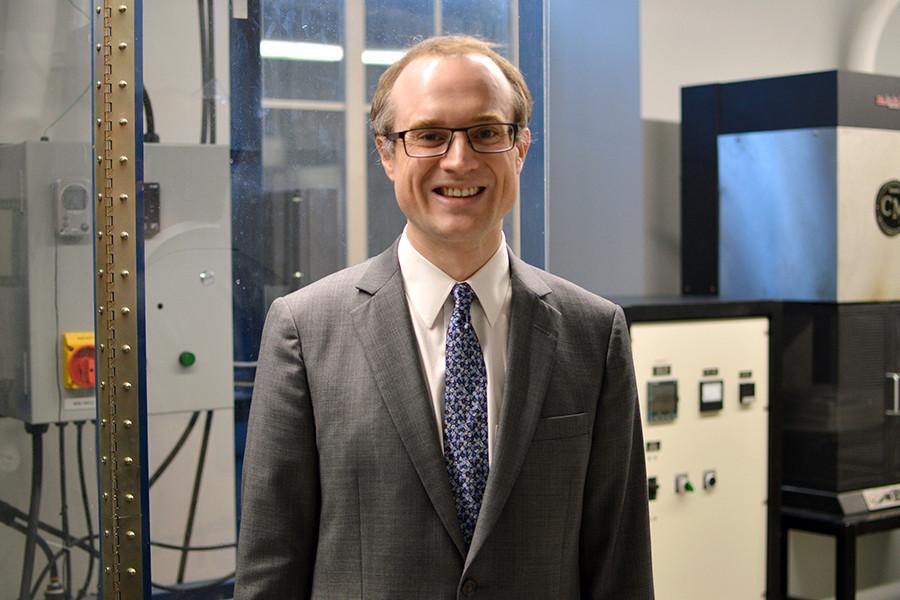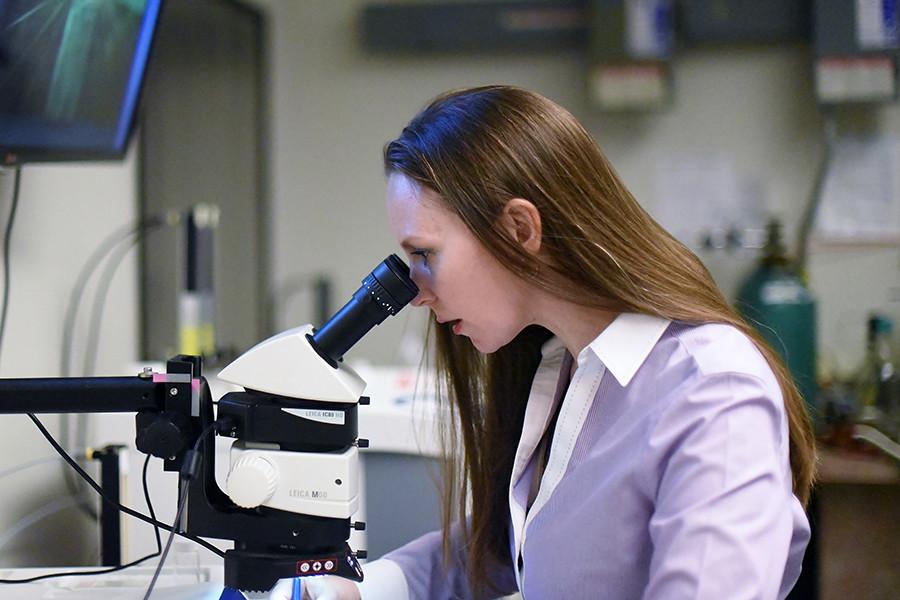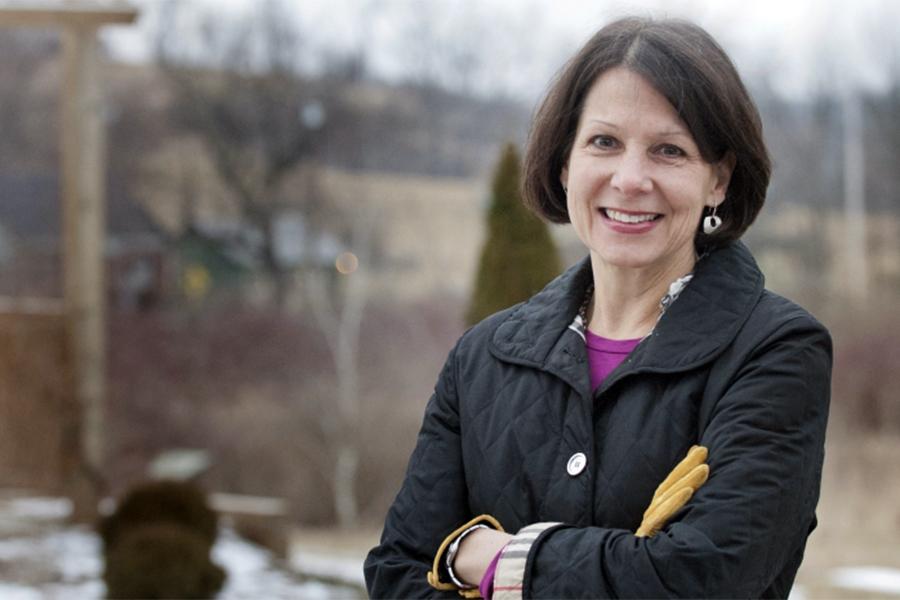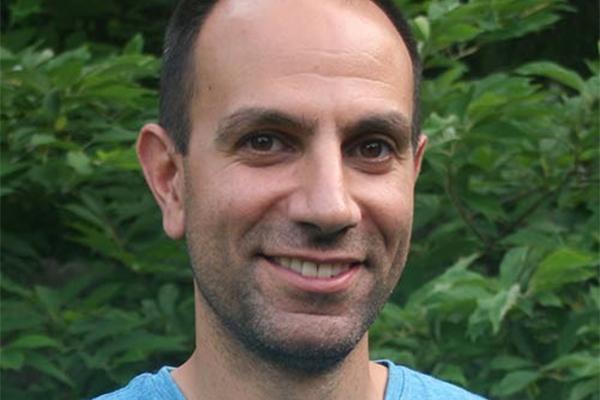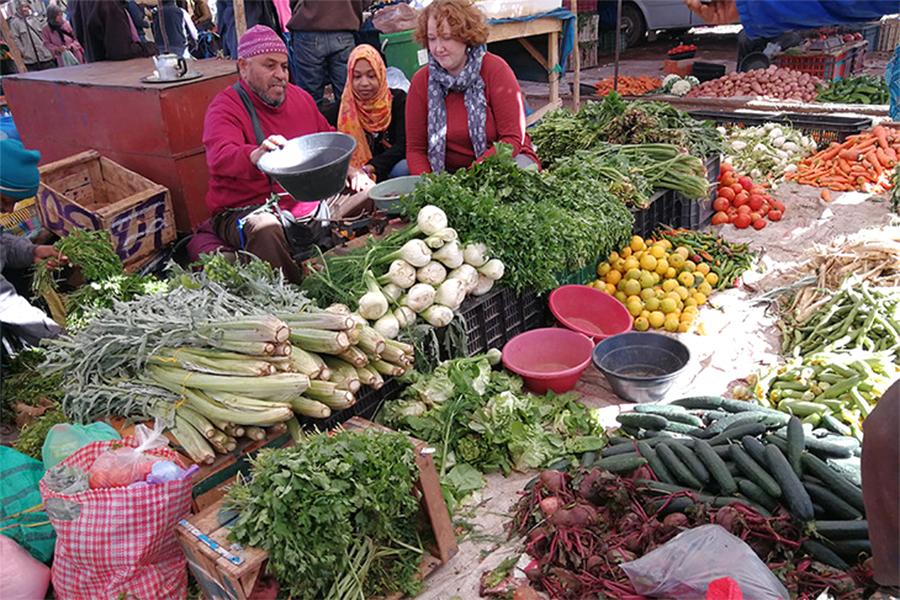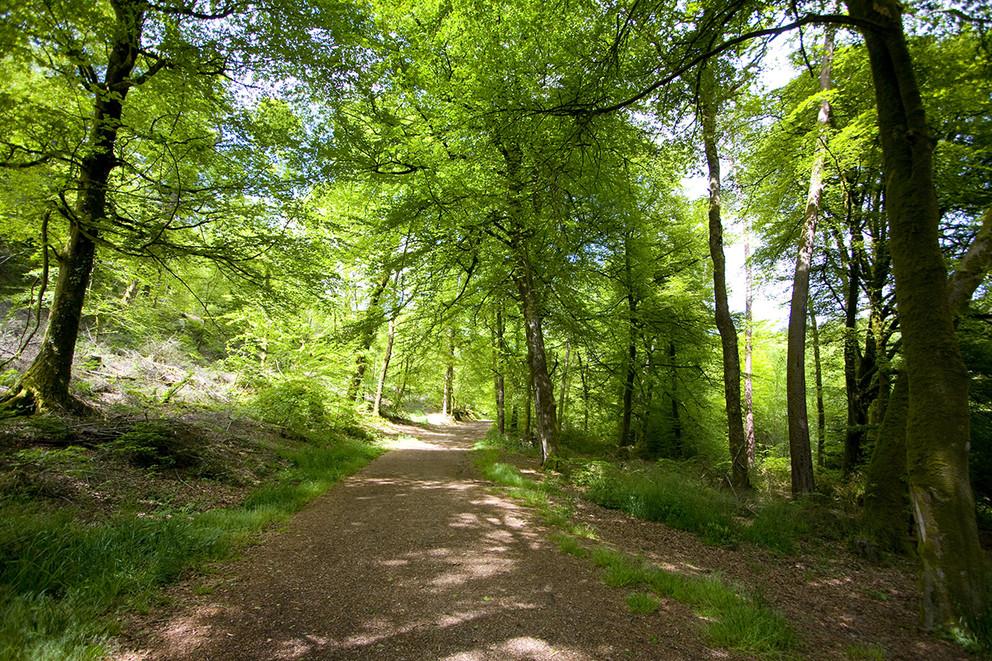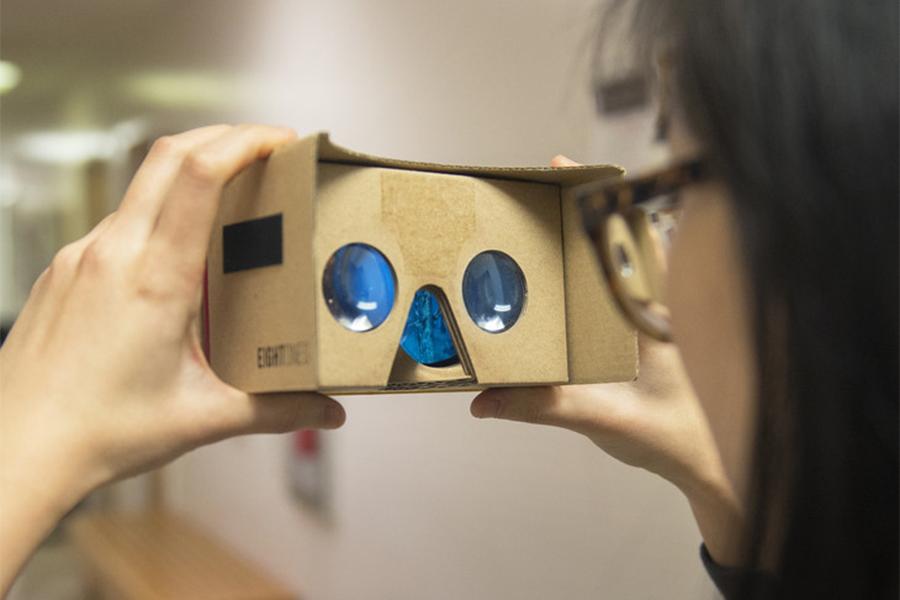Jason Munro, a doctoral student in materials science and engineering, credits two recent scholarships with allowing him to pursue research that’s both his passion and relevant to advancing the needs of society.
Degradation rates of oil were slower in the dark and cold waters of the depths of the Gulf of Mexico than at surface conditions, according to an international team of geoscientists trying to understand where the oil went during the Deepwater Horizon oil spill.
According to research by John Mauro power-law distribution explains accidents in the workplace and how best to minimize them.
Ralph Colby has partnered with two other Penn State researchers to get a better basic understanding of how plastics cool from a liquid to solid shape in injection molding.
Twice a year, Global Programs seeks travel grant applications from faculty and graduate students. The Travel Grant program supports faculty travel related to developing global awareness, global literacy and global competency among our undergraduate population.
One Penn State professor is seeking to create spatial statistical models for extreme events such as large forest fires, floods and heavy rainstorms to help make better decisions on infrastructure, preparation and mitigation.
Morocco's food landscape has been undergoing a major shift: Obesity is on the rise while traditional, healthy food is becoming more scarce. Penn State geography researcher Bronwen Powell wants to know what’s driving these trends.
How forests respond to elevated nitrogen levels from atmospheric pollution is not always the same. While a forest is filtering nitrogen as expected, a higher percentage than previously seen is leaving the system again as the potent greenhouse gas nitrous oxide, say researchers.
Glass has been a part of society for thousands of years, so it is easy for this material to become invisible and overlooked, but a Penn State materials scientist has laid out a plan to map the glass genome and advance the future of glass.
A new general education course at University Park — GEOG 397 — will immerse students in the world of virtual reality, 360-degree video, augmented reality and more.


